Readings: Isaiah 32:15-18 | Psalm 72 | Matthew 5:1-12a
Today is a day to reflect on our heroes. Who are the ones we hold up as role models and honor for their contribution to our world? Would we think of political leaders, or sports heroes, or entertainers? Certainly their accomplishments inspire us, and perhaps even make us yearn for greatness. But then, when we watch the news, how many of them turn out to be flawed in many ways? The people we want to hold up as heroes are very often not very heroic.
Today, then, is a day to celebrate true heroes. Memorial Day originally began in our country as an occasion to remember and decorate the graves of the soldiers who died in the Civil War. Later it became a holiday to commemorate all those who had died in war in the service of our country. So today we remember those men and women who have given their lives for peace, justice, righteousness, and freedom. These have been people who have given everything, have made the ultimate sacrifice for our nation.
On this day, I think it would be a mistake to glorify warfare. I don’t think that is the point of this day, or is even best way to honor the memories of those who have fallen in war. Our Church’s teachings counsel that war is not the way to peace and that developed societies like ours can and must use our resources to seek other ways to solve problems. But we have to acknowledge that there are and have been times in our nation’s history that have called on people to fight for our freedoms and to fight for justice. Today we honor their memory with immense gratitude, because without their sacrifice we may not be free to worship today.
It’s important that we take time to reflect on the freedom we have received from their sacrifice, because I think people often misunderstand it, and thereby diminish it. Real freedom isn’t doing whatever on earth you want: in some ways that’s a form of servitude and bondage, because it has us all bound up in ourselves. Real freedom is expressed in service, in our making the world, or at least our corner of it, a better place. Real freedom is living in such a way that we become the person God created us to be.
Today we pray for those courageous men and women who have made the ultimate sacrifice to keep the world safe, and free. These are the ones who have been people of faith and integrity and are true heroes that God has given us. These are the ones who have laid down their lives for what is right. If we would honor them on this Memorial Day, we should believe as they have believed, we should live as they have lived, and we should rejoice that their memory points us to our Savior, Jesus Christ, who is our hope of eternal life.
May their souls, and the souls of all the faithful departed, through the mercy of God, rest in peace. Amen.
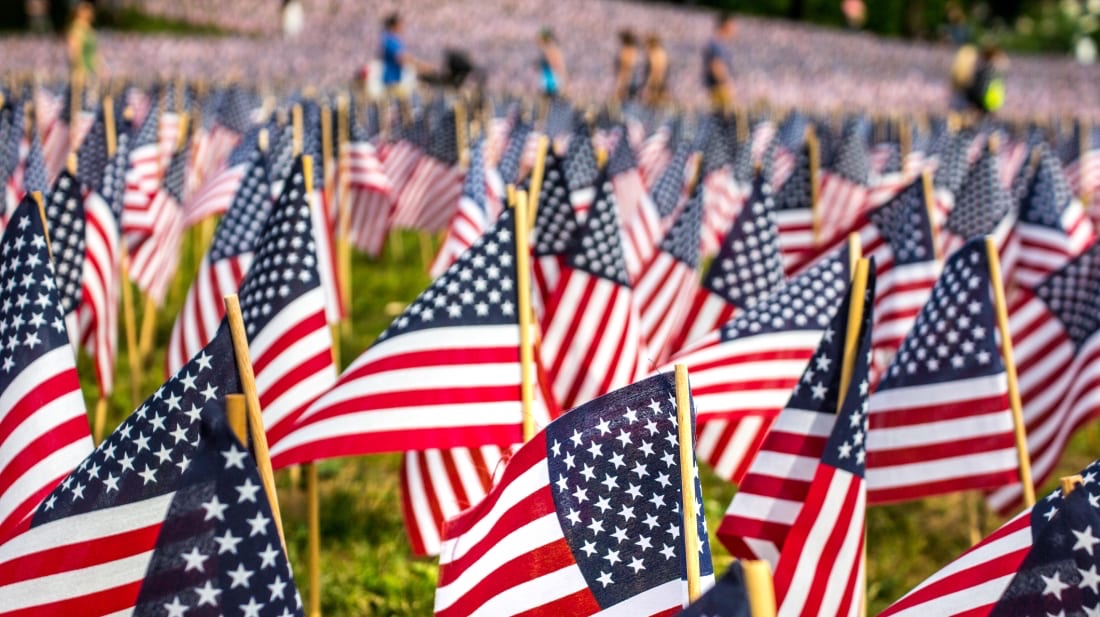

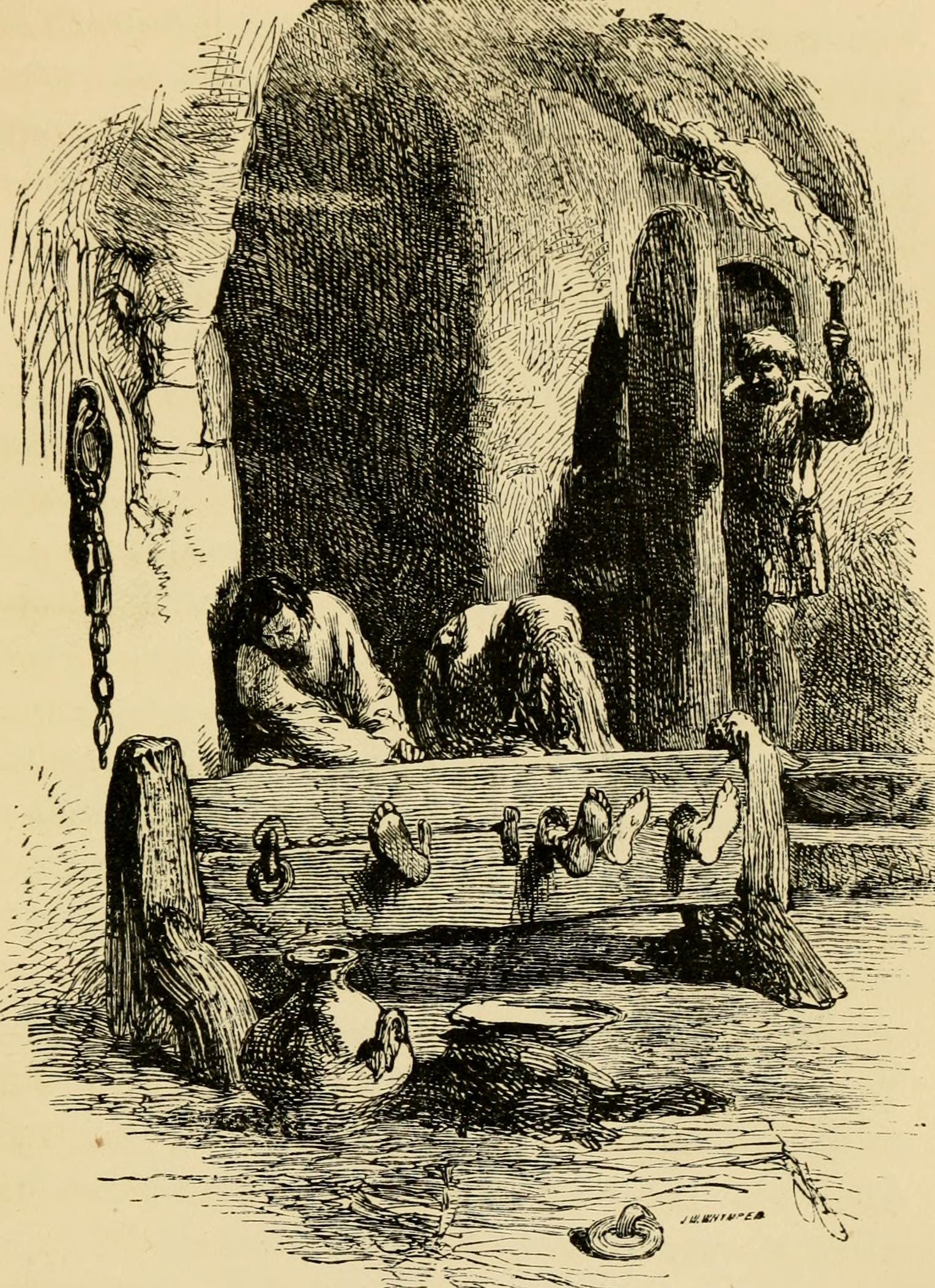
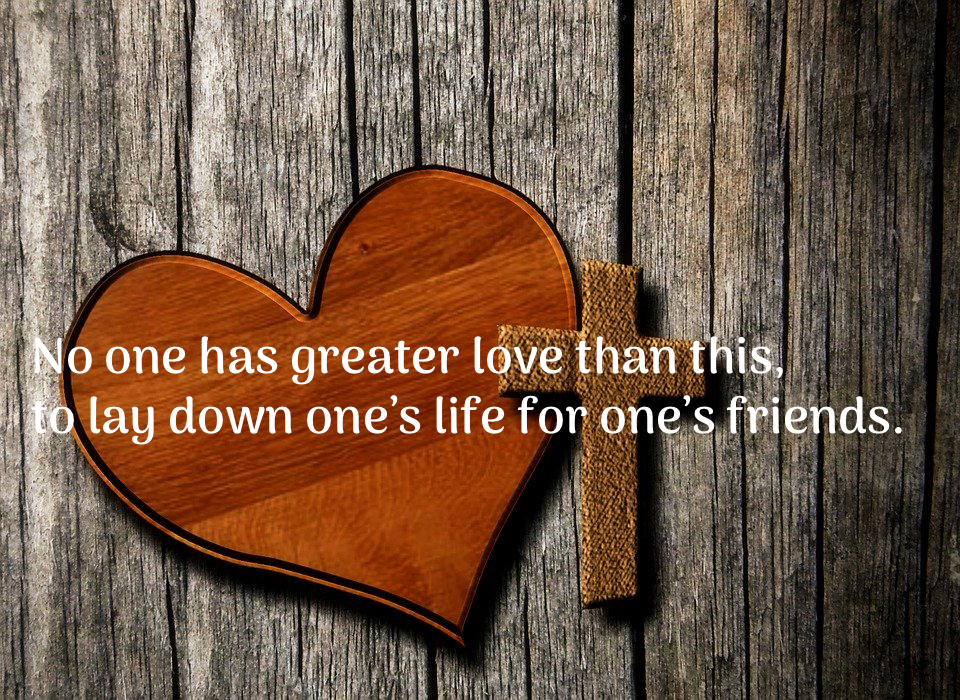
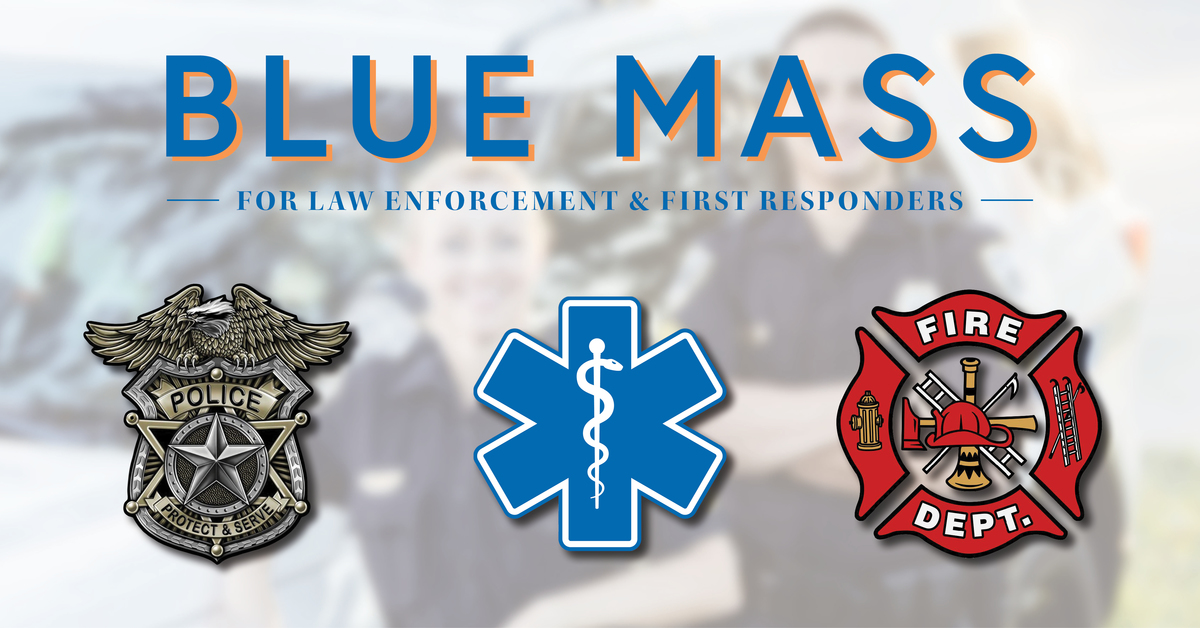
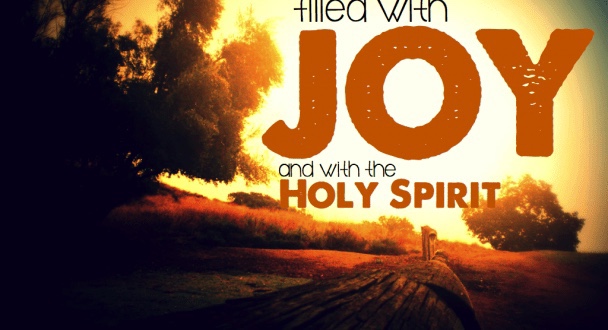
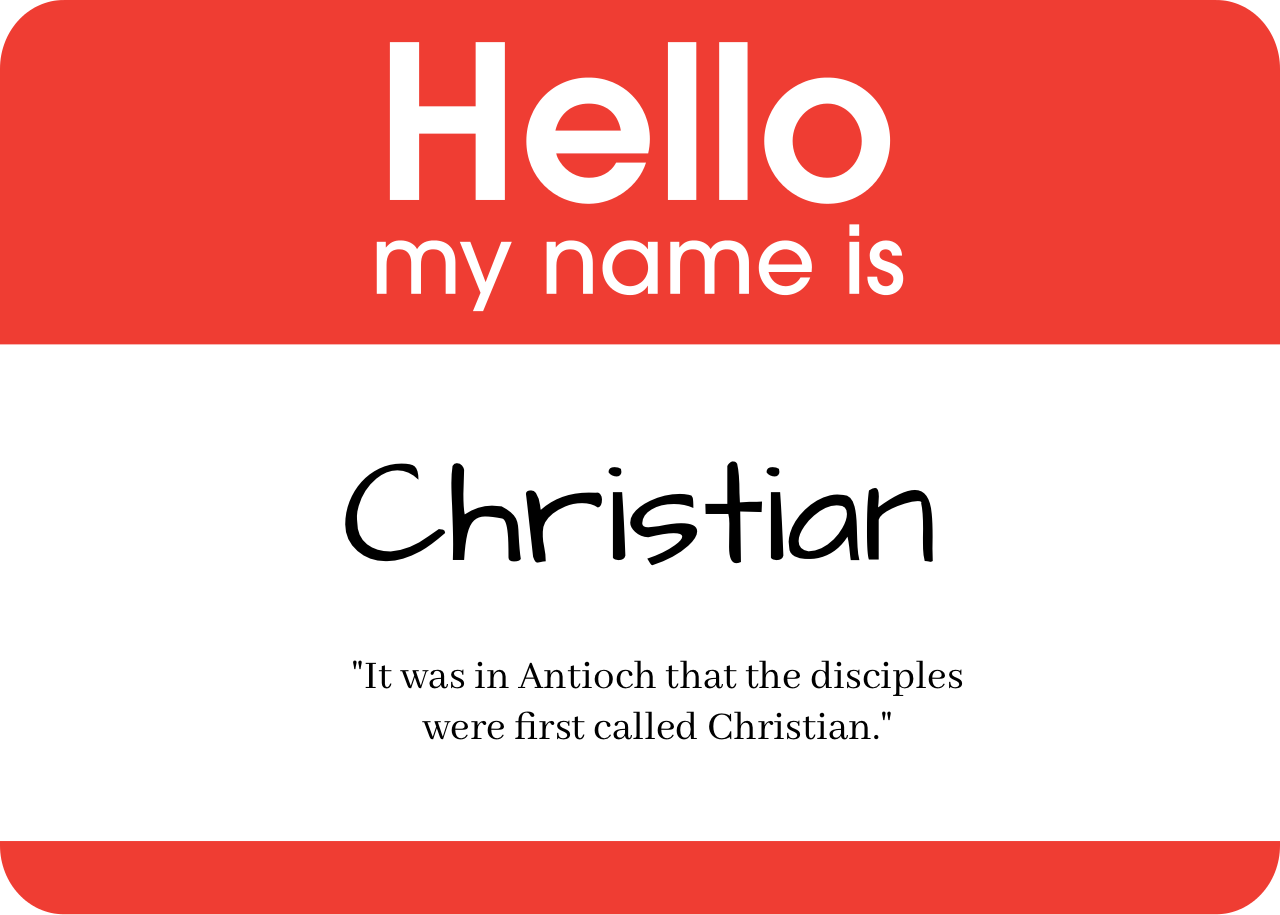

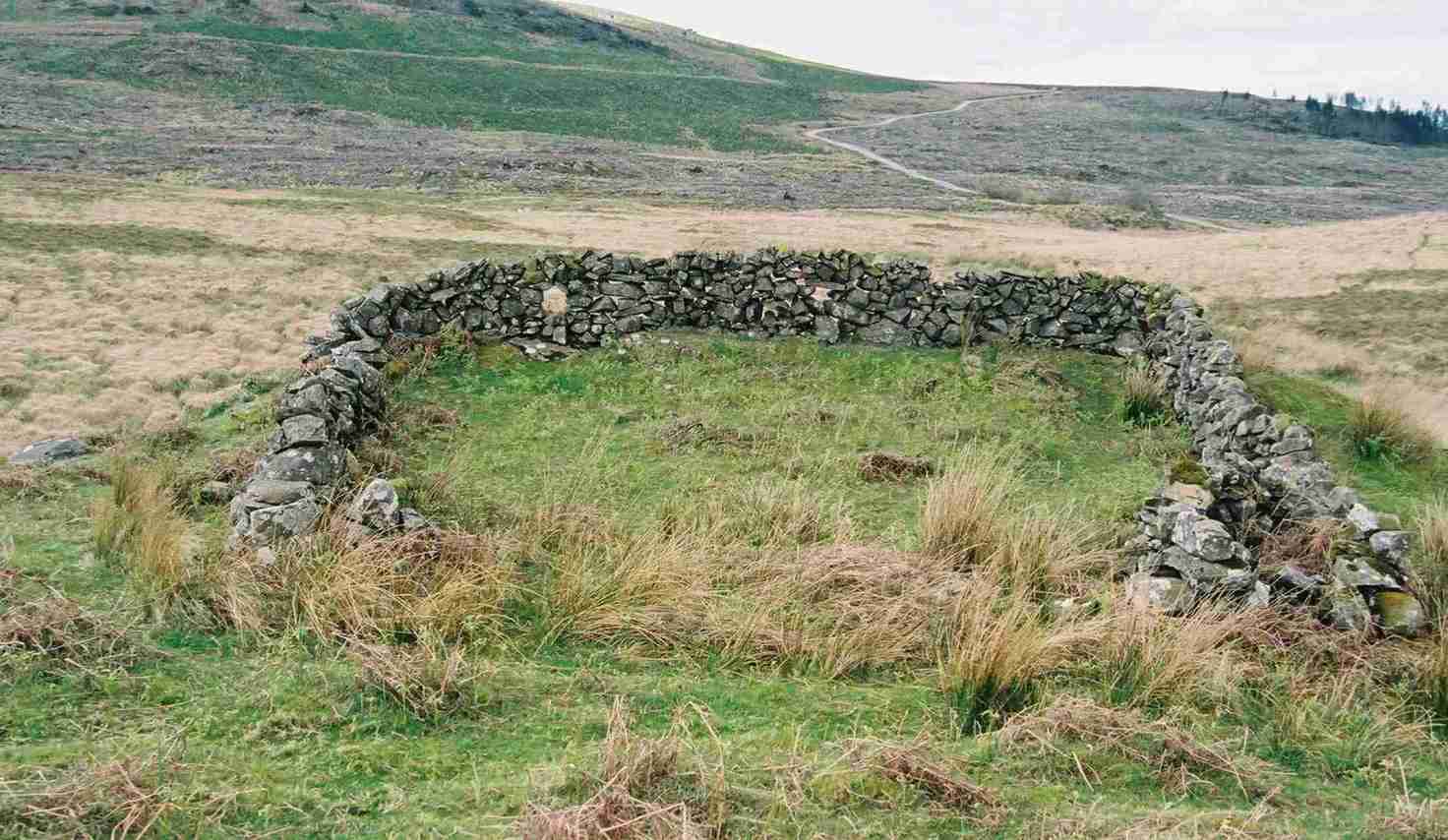
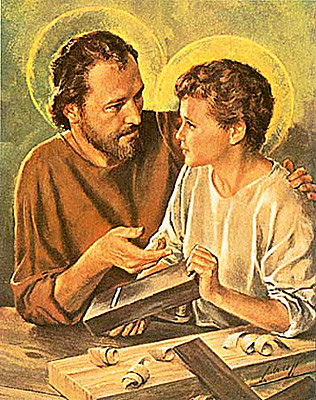
You must be logged in to post a comment.